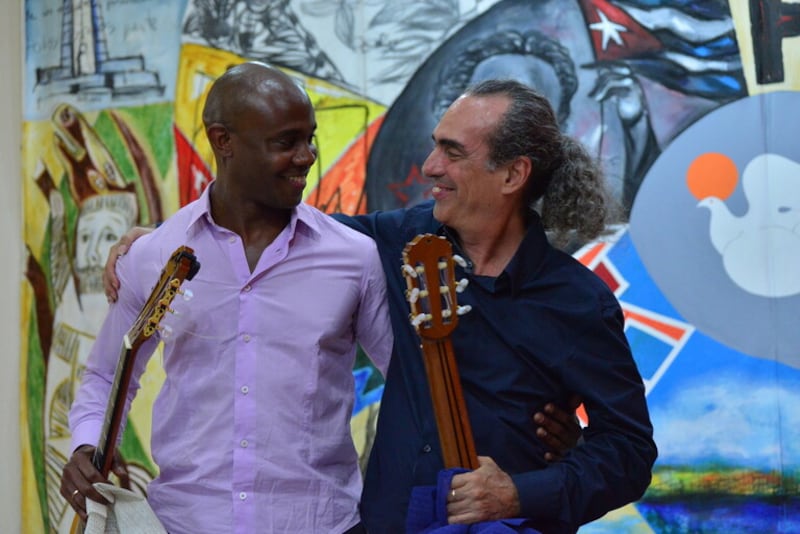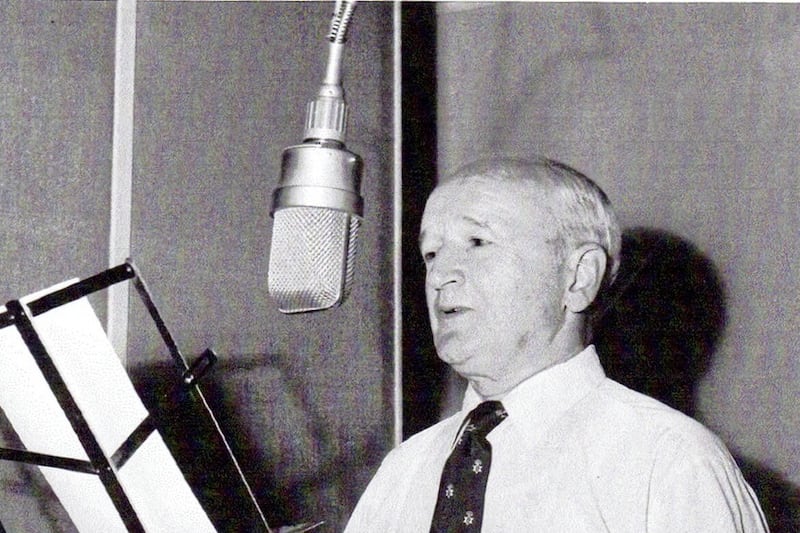We all now know where Rwanda is and are conscious of its human rights debate. But if you want a different take on this east African country, try Tony Macaulay’s fascinating new novel, Kill the Devil (Troubadour Book Publishing).
Known for heartwarming memoirs such as Paperboy, Macaulay has branched out with this title. “It’s an unusual love story, the tale of a Tutsi woman, Patricia, who lost her husband and children in the ’94 genocide," he says.
"She starts a relationship with a Hutu man. Damascene grew up in the same village but betrayed his neighbours and ended up a perpetrator, working for the militants.”
Macaulay’s day job is in peace and reconciliation. He’s worked in Bosnia and volunteered his services to help Rwanda recover.
“It’s a beautiful place but when you visit the sites of massacres in churches, you sense the sadness. There are no middle-aged people, they were killed.”
He adds that he doesn’t think refugees should be sent to Kigali – “not because it’s a bad place, it isn’t and it is easy for the West to sneer yet there’s a responsibility for colonialism".
On one trip, Macaulay met screenwriter Juvens Nsabimana and they ended up co-authoring the book which is authentic but not factual.
“It isn’t a true story but based on real life. It’s amazing how Rwanda has progressed, considering how long we in Northern Ireland have taken to move forward.”
The story runs like this: “A woman and a man, nearly destroyed by extreme violence, hatred and despair, follow a rare and unexpected path, and discover extreme forgiveness, love and hope. Having suffered unimaginable loss, Patricia’s life is empty and her only motivation to go on is to bring the one responsible to justice. Always on the verge of running, a man hides from his guilt in Kigali, terrified of his anonymity being compromised and his past uncovered.”
A movie surely beckons.
****
The visionary Golden Thread Gallery has won a prestigious grant, the Calouste Gulbenkian Award for Civic Arts.
Currently they’re showing Dorothy Hunter’s show fully conscious movements, fully different time. It focuses on the atmosphere in caves in Fermanagh and Cavan via installations and beautiful video art.
****

If you’re into guitars, and personally enjoy axemen from Hendrix to the late, great classical interpreter Julian Bream, head to the Portico Ards concert in Portaferry on April 23 where Cuban practitioners, Grammy-nominated Eduardo Martin and his protégé Ahmed Dickinson Cárdenas will be interpreting the instrument with brio. Tickets from a fiver.
****
Poet Philip Larkin was a Queen’s sub-librarian in the 1950s; there’s a plaque. The Trees opens with one of the most beautiful similes in English literature: “The trees are coming into leaf/like something almost being said...”
As so often with Larkin, there is pain among the romance. He skirts the trees’ yearly death and rebirth, ending with a resounding call to respond to the sprouting time of year. “Begin afresh, afresh, afresh.”








